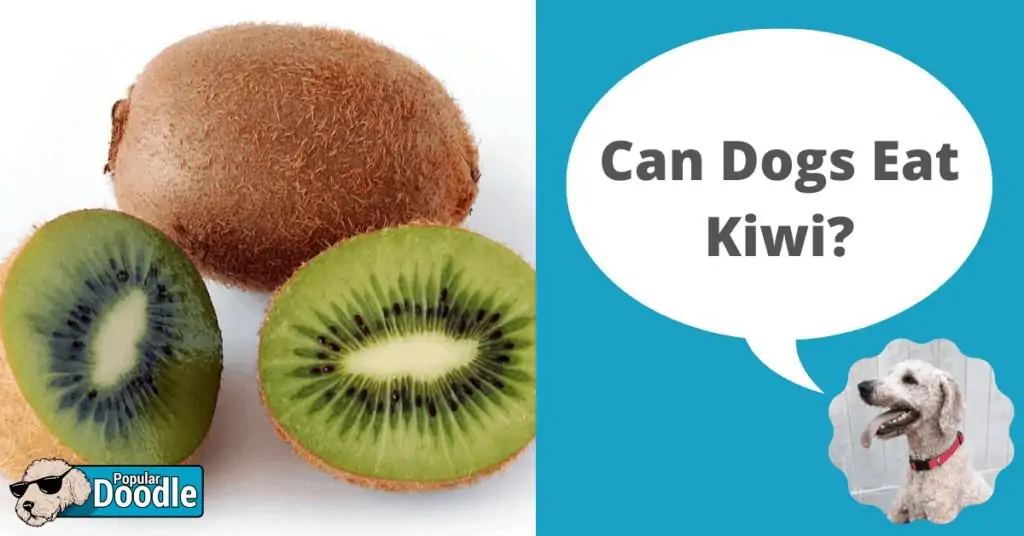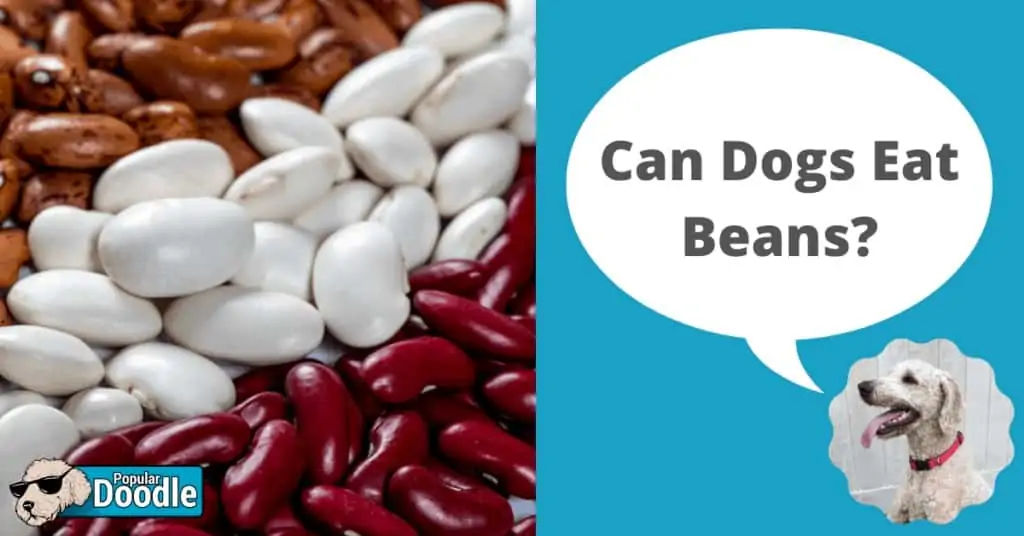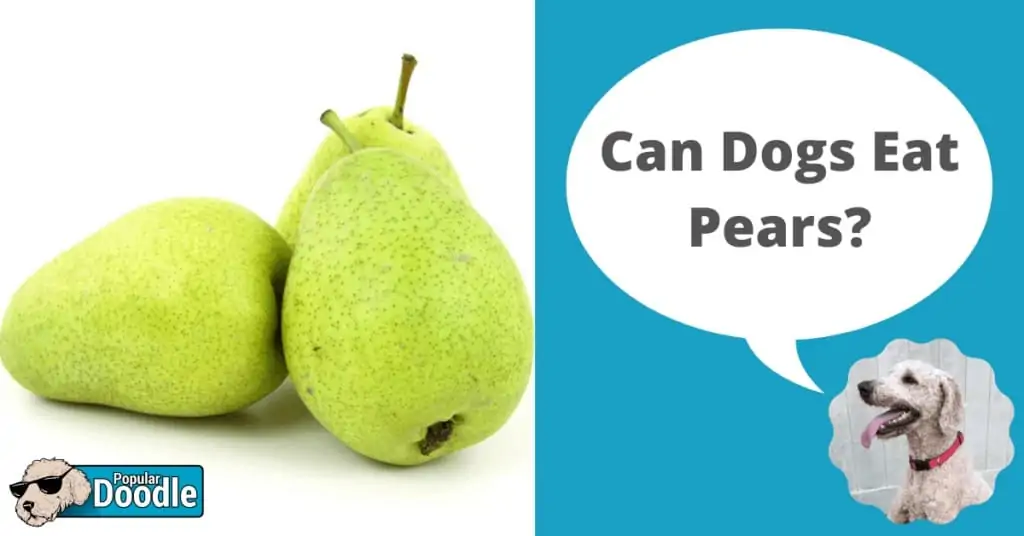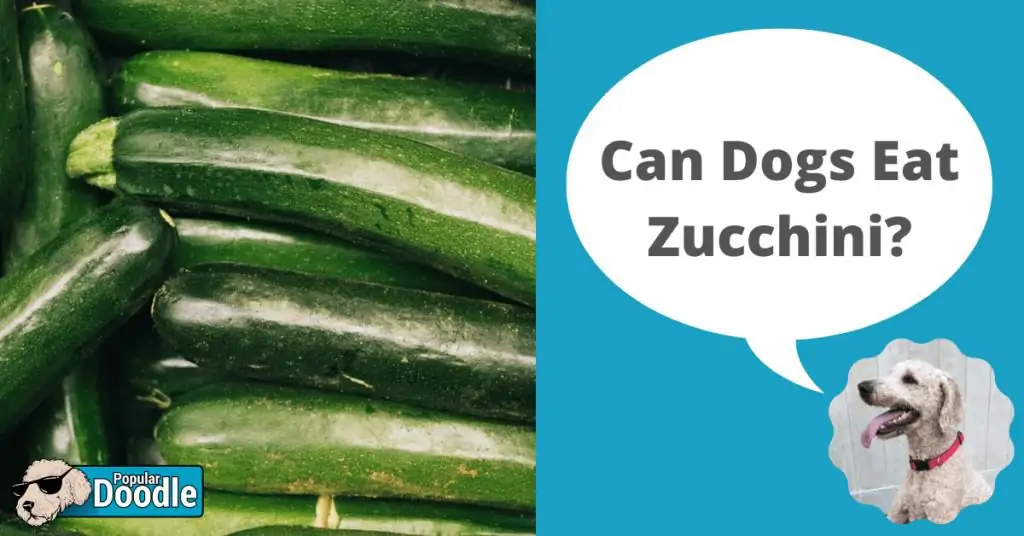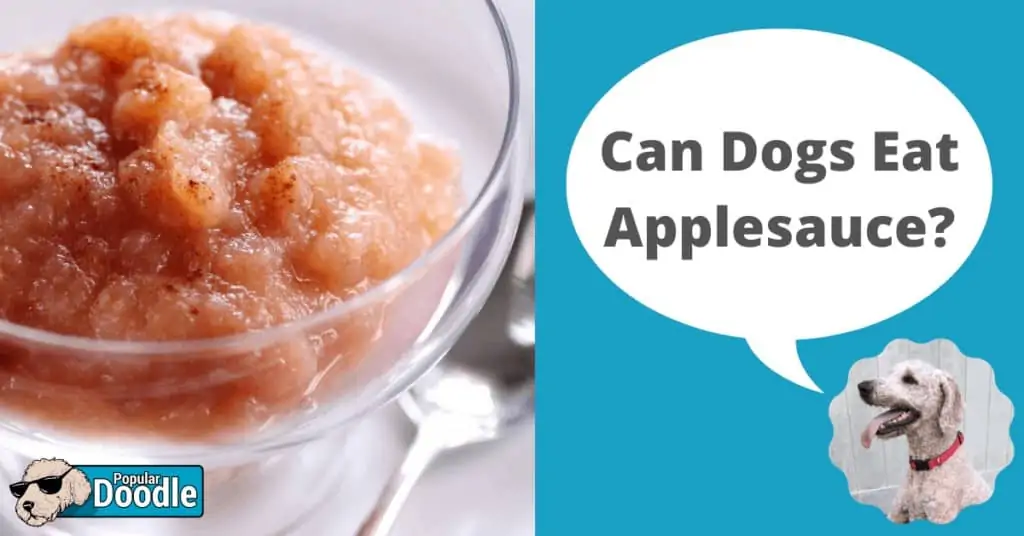
“Can dogs eat pumpkin?” Is a common question particularly in the fall when pumpkins and pumpkin-flavored foods are seemingly everywhere! You may have even heard that pumpkins can help a dog who has an upset stomach. What’s fact and what’s fiction? Is pumpkin good for dogs? Read on to find out!
Can Dogs Eat Pumpkin? (The Short Answer)
Yes, in general pumpkin is good for dogs. However, you should opt for canned pumpkin instead of raw pumpkin and make sure you’re avoiding sugary pumpkin-flavored treats that often have other ingredients that aren’t safe for dogs.
It’s important to remember, that even with the best of intentions, accidents happen and dogs can easily eat things they shouldn’t. Unfortunately, even if those accidents aren’t fatal, they can result in huge, unexpected veterinary expenses. That’s why we recommend all responsible dog owners get a free, online pet insurance quote from Healthy Paws.
Is Pumpkin Good For Dogs?
We’ve already answered the question, “can dogs eat pumpkin?” Now, let’s learn about the benefits of feeding your dog this food! Is pumpkin good for dogs?
If there were “superfoods” for dogs, pumpkin would definitely be one of them! Pumpkin has a whole host of nutritional and health benefits for our pups when fed the right way. The most important benefit of pumpkin is that it’s full of fiber. This helps not only with weight management in dogs but also in helping to treat both diarrhea and constipation. For diarrhea, the fiber in pumpkin helps absorb excess water and for constipation the fiber acts as a laxative. Simply adding a small spoonful or two of canned pumpkin to your dog’s meal when they have an upset stomach can do wonders in regulating their bowel movements and helping them feel better. As a rule of thumb, about 1 teaspoon of canned pumpkin is appropriate for small pups with about 1-2 tablespoons being a good serving size for large breeds.
Not only can pumpkin help when your dog isn’t feeling well, but it’s a healthy treat than can be fed at any time. It contains Vitamin A, Vitamin C, and Vitamin E in addition to it being a good source of calcium, lutein, and iron.
Is Pumpkin Bad For Dogs?
We’ve already answered the question, “can dogs eat pumpkin?” Now, let’s learn about the dangers of feeding your dog this food! Is pumpkin bad for dogs?
While pumpkin is super healthy for our four-legged friends, that doesn’t mean there aren’t dangers. The biggest culprit of this is feeding your dog raw pumpkin. Raw pumpkin, while edible and non-toxic is very rough on your dog’s digestive tract and can do much more more harm than good.
The other thing to watch out for is mistaking canned pumpkin for pumpkin pie filling. Only feed your dog 100% pure pumpkin with no added spices or seasonings. On the same note, most pumpkin-flavored desserts shouldn’t be fed to your dog either due to massive sugar content and other potentially toxic ingredients.
Alternative Options
If your dog is allergic to pumpkin or you don’t have any available, there are some other alternatives to try:
- Plain Yogurt (also helps with digestion and stomach issues)
- Can Dogs Have Sweet Potatoes?
- Can Dogs Have Zucchini?
- Can Dogs Eat Crab?
- Can Dogs Eat Cilantro?
Other Varieties & Related Foods:
Can Dogs Eat Pumpkin Pie Filling?
No, you should not feed your dog pumpkin pie or pumpkin pie filling. Due to the very high sugar content, this will likely make your dog’s stomach feel much worse rather than better. In addition, pumpkin pie contains other spices and ingredients that may not be healthy for pups or, even worse, may be toxic to them.
Is Raw Pumpkin Safe for Your Pup?
While raw pumpkin isn’t toxic for pups, it’s very hard for them to digest and is more likely to hurt them than help them. Do not feed your dog the pumpkin stem, uncooked seeds, the skin, the pulp, or the raw flesh. Pay particular attention to make sure your dog doesn’t nibble on your jack-o-lanterns as mold and bacteria can easily grow on them and make your dog very sick!
Can Dogs Eat Canned Pumpkin?
Yes, 100% pure canned pumpkin is a great choice to feed dogs. It gives a lot of nutritional benefits and can help your dog with an upset stomach or irregular bowel movements. As a rule of thumb, about 1 teaspoon of canned pumpkin is appropriate for small dogs with about 1-2 tablespoons being a good serving size for large dogs.
Can Dogs Eat Pumpkin Bread?
In general, it’s best to avoid feeding your dog pumpkin bread due to the high sugar content. Like other junk foods such as whipped cream, graham crackers, pizza crust, and some cereals, it’s best to avoid too many empty calories and added sugar. In addition, there could be other toxic ingredients included.
Can Dogs Eat Pumpkin Puree?
Yes, 100% pure pumpkin puree is a great choice to feed dogs. It provides tons of health benefits and can help your dog feel better when they have an upset stomach or irregular bowel movements. As a general rule, about 1 teaspoon of canned pumpkin is a good amount for small pups with about 1-2 tablespoons being an appropriate serving size for larger breeds.
Is Pumpkin Skin Safe for Your Pup?
No, you shouldn’t feed your dog pumpkin skin. While it isn’t toxic, it is very tough for your dog to digest and could give them an upset stomach.
Can Dogs Eat Pumpkin Spice?
It’s best to avoid feeding your dog pumpkin spice flavored foods. While most of the usual spices in “pumpkin spice” foods aren’t toxic to dogs in very limited quantities, when fed in larger quantities they may be dangerous. In addition, most (if not all!) of these foods contain large amounts of sugar which isn’t healthy for dogs. Finally, there could be added ingredients like alcohol or caffeine which are, in fact, very toxic to dogs.
In Conclusion: Can Dogs Eat Pumpkin?
Is pumpkin good for dogs? Pumpkin is a very healthy and delicious treat when fed properly. Feeding your dog 100% pure canned pumpkin in limited quantities is a great idea! However, this treat can quickly turn dangerous when either fed raw or mixed with other sugary, seasonal ingredients that are toxic.
Disclaimer: We are not veterinarians and this article should not be taken as medical or veterinary advice. If you have any questions about your pet’s health or dietary needs, please contact your local veterinarian.



